Jaideep A Prabhu
In a recent article in Caravan Magazine , Indian historian Ramachandra Guha bemoans the absence of intellectuals on the Right of India’s political spectrum. He draws a distinction between ideologues, who are more interested in promoting their own beliefs, and intellectuals, who contribute to the growth of knowledge. While Guha does not define ‘intellectual,’ he gives several examples of those he considers intellectuals in the fields of history, political science, and economics. For him, methodological integrity plays a large role in separating ideologues from intellectuals. Another difference between intellectual and ideologue is audience - the former is more concerned about the reception of research among scholars while the latter is keener on swaying the public.
At first glance, it is not difficult to have some sympathy for Guha’s point of view. A closer analysis, however, reveals a set of assumptions that may not be fully justified.
First, Guha’s framework of the intellectual does not leave much room for the public intellectual — if the primary aim of scholarship is to talk to a small and academic community, then what role is there for them in the shaping of policy? If scholarship is meant to, among other things, provide fertile material for ideologues, then would it not be wiser to look past the talking heads put up by the Right? Additionally, Guha limits the conversation to the humanities, and that too to a very thin slice of it. Does this imply that the sciences do not produce intellectuals? In a world where it is becoming increasingly difficult to find spaces where technology and public policy do not intersect, this would be a bold assertion. If Guha’s point is merely that intelligence and intellectualism are two different qualities, then it is a rather obvious and boring observation.
Second, Guha does not specifically explain what it means to be an intellectual but takes the definition to be endoxa, that is, common wisdom based on observations over a period of time. This cleverly avoids a definitional quagmire but, in exchange, expects the reader to be receptive to Guha’s conception of the intellectual and the role of such figures in the public sphere. This might be too much to ask in India, a country that, even 70 years after independence, is still struggling with modernity and nationhood.
Guha’s intellectual is a product of the institution. This is not an entirely unreasonable position to take; after all, universities have become the epicentres of academic research in recent years, particularly in the humanities. Unfortunately, this view is also woefully incomplete. Not only does it not acknowledge intellectuals by praxis, it also ignores scholars who are not in the academic circuit. Where does Kannada author SL Bhyrappa, for example, fit in Guha’s schema? Does the polyglot poet R Ganesh have a place? There is no doubt that these thinkers and authors have influenced millions of Indians, albeit largely in vernacular languages rather than the preferred institutional language, English.
Bhyrappa, by the way, is institutionally credentialed; he holds a doctorate in philosophy from the Maharaja Sayajirao University of Baroda, and R Ganesh is a Doctor of Letters from Hampi University. Yet degrees hardly make an intellectual, though admittedly, it is not a bad rule of thumb. Nonetheless, it should also be kept in mind that such a narrow vision would exclude people like Yevgeny Yevtushenko or Alexandr Solzhenitsyn. Moreover, it would be foolish to cling to the idea of intellectuals-by-degree in an era where more and more scholars are complaining about the flawed peer review system or a mutual citation society.
It is interesting that Guha mentions only the disciplines of history, political science and economics. There is nothing particularly intellectual about these three areas - than, say, philosophy, classics and law. Presumably, Guha wants to whittle down the scope of discussion to how data or evidence is treated - in all the fields Guha mentions, there are archives, datasets, and databases upon which arguments must be based. It is here that Guha finds Right-wing scholarship lacking. Yet Guha fails to mention Lokesh Chandra , the current president of the Indian Council for Cultural Relations, and just as visible and allegedly controversial as Yellapragada Sudershan Rao or Dinanath Batra. Awarded a doctorate by Utrecht, Chandra has hundreds of works to his credit in the institutional setting Guha prefers.
An ideologue might retort that Guha is stacking the deck, that historical data has been tainted by layers upon layers of Christian, racial, imperial, and Marxist interpretation. For the Right to work out of such a framework would be akin to expecting a Christian theologian to make an argument for his God using the works of Charles Darwin, Richard Dawkins, and Christopher Hitchens. To this, one can easily demand that the Right develop their own primary-source-based scholarship than complain about research they do not agree with or like.
However, the lack of a strong, institutional Right narrative in India is in part due to the hostile environment in which it would have had to develop. With near-dictatorial control and the presence of the government in education, media, and broadcasting, there was little opportunity for Right-wing institutions or intellectuals to develop. What we see today, be it the rise of the Bharatiya Janata Party, the rebirth of a journal like Swarajya, or the slowly growing fan base for free market economics, is but a nascent movement. We are yet to see what they make of themselves.
The tradition of education, or what education was like a thousand years ago in India, is not pertinent today. Suffice it to say that several scholars - of law, Sanskrit, history, religion, philosophy, music, and art - exist amongst the teeming millions. They usually have day jobs and pursue their other interests in their spare time. Some of the more gifted ones have been able to abandon traditional nine-to-five employment and embrace tutoring in their favourite subject. For those interested, it is not difficult to find such intellectuals but they are dispersed and not under institutional umbrellas. Which side of the political spectrum these scholars lean towards is difficult to declare because labels like Left or Right do not readily apply to the Indian political scene. However, several do maintain an admiration for the Hindu way of life and vote for the BJP.
An interesting example can be found in Guha’s hero, Kota Shivarama Karanth. Where would Guha place him on the Left-Right spectrum? Karanth is a most respected Kannada litterateur who has spoken out strongly in favour of Dalit rights (in Chomana Dudi, for example) and has opposed several infrastructural projects such as nuclear power plant at Kaiga and hydroelectric power at Bedti on environmental grounds. This ought to place him on the Left. However, Karanth has also opposed proselytisation and, in fact, has aligned with the Vishwa Hindu Parishad on the issue of the Ram Mandir at Ayodhya. This would place him firmly on the Right. It is easier to find on the Right those who support Dalit rights and environmental causes than it is to find supporters for the Ram Mandir on the Left. Is Karanth not an intellectual or is the choice of Left/Right biased?
Despite the questionable assumptions of Guha’s article, any honest conservative will accept one frustration Guha has with the Right - institutions carry forward legacies and it is imperative for the Right to articulate its narrative clearly and intelligently. Whatever the past glories of India, her science, her education system, her values, or anything else, there is no turning back the clock and India’s Right must broadly conform to the modern state and its creeping bureaucratism. It is not that the Indian Right has no intellectuals but rather that it is time they stepped up to a different challenge and way of functioning.


)




)
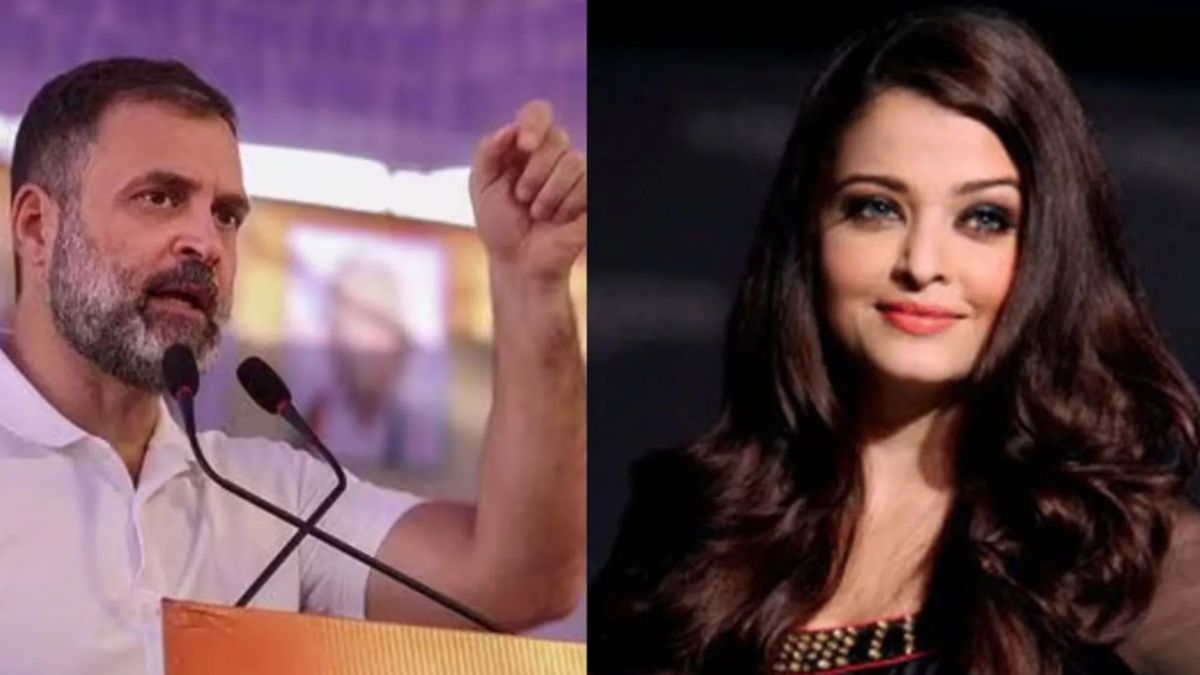)
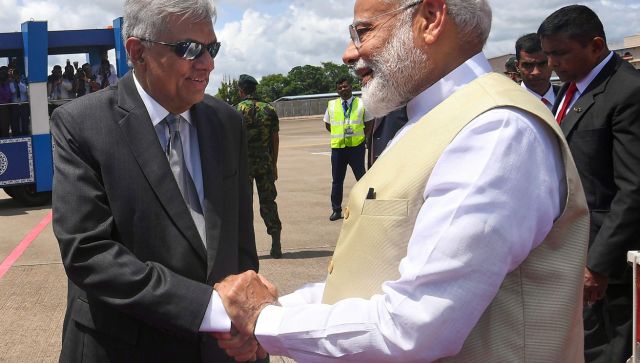)
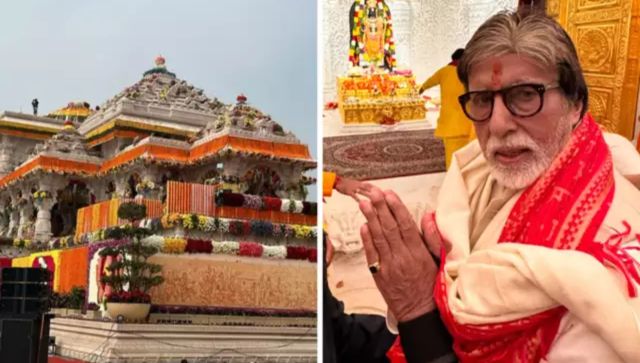)
)
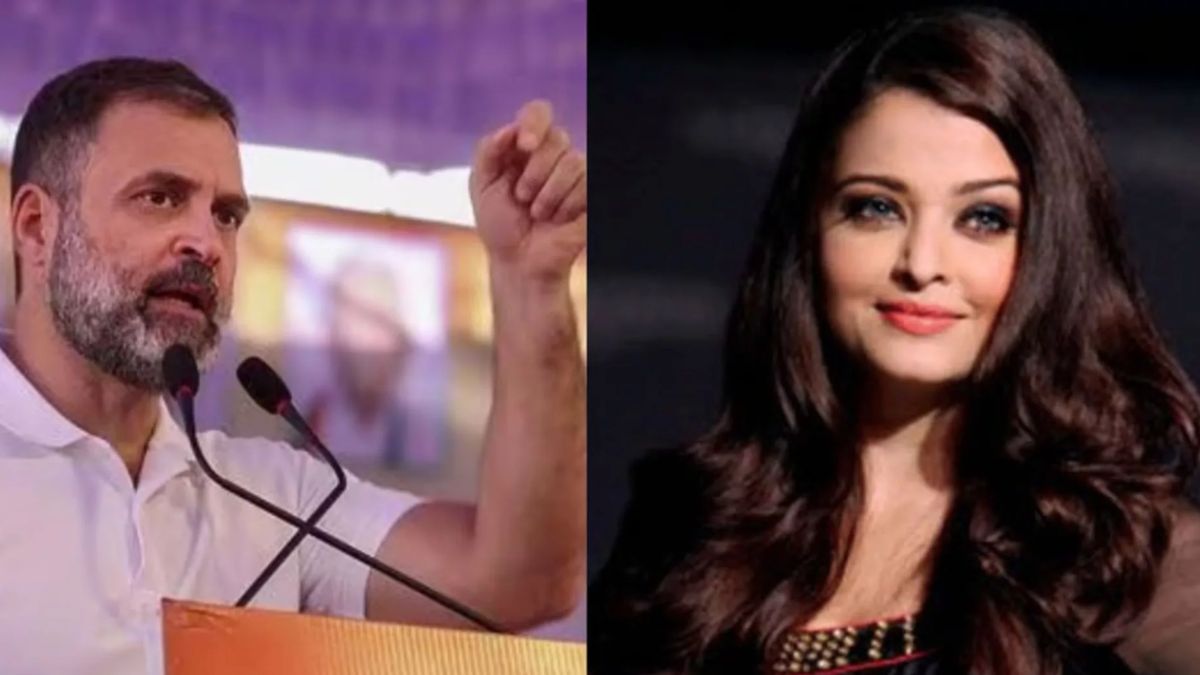)
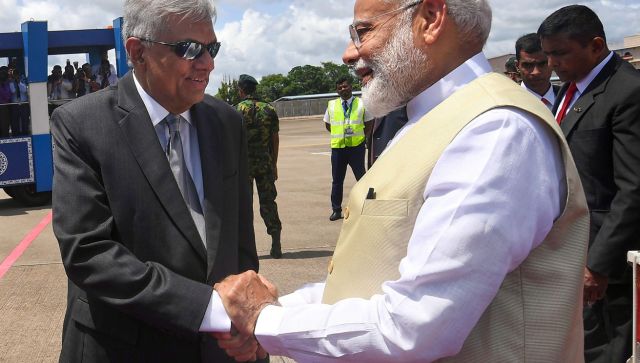)
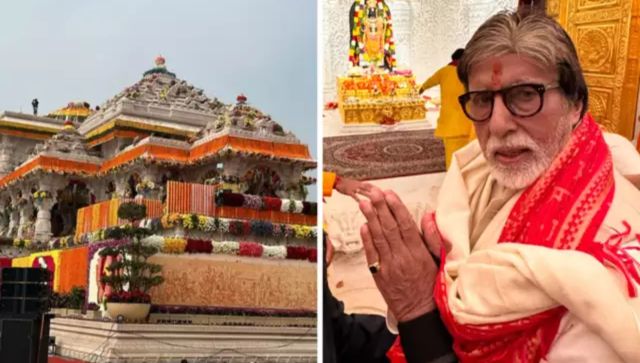)